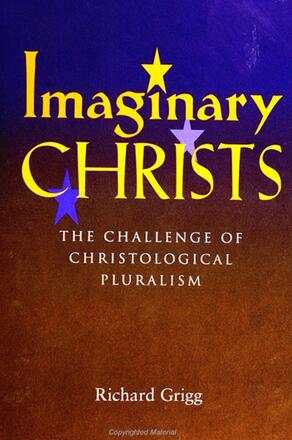
Imaginary Christs
The Challenge of Christological Pluralism
Alternative formats available from:
Discusses the issue of christological pluralism--the panoply of competing visions of Christ that exist today--and provides criteria for evaluating these.
Description
What should those attracted to the figure of Jesus Christ make of all the different Christs available to them? Amidst today's pluralism, we encounter Christ as liberator, the cosmic Christ, feminist Christs, Black Christs, Christ as the object of mystical longing, and various New Age versions of Christ, to name but a few. Imaginary Christs discusses the challenges arising from christological pluralism and suggests evaluative criteria for sorting through this abundance of competing Christs without falling into either a narrow dogmatism, on the one hand, or an uncritical relativism, on the other.
With an eye to the pluralism that has always been part of the Christian tradition, the book investigates the benefits of confronting the Christs of White American churches with Black Christs. It poses important questions about the future of pluralistic christological consciousness, exploring the possibilities of devoting oneself to several genuinely different Christs and the possibilities of combining commitment to the Christ with commitment to another venerable religious figure, such as the Buddha.
Richard Grigg is Professor of Religious Studies at Sacred Heart University and the author of several books, including most recently, When God Becomes Goddess: The Transformation of American Religion.
Reviews
"This is an intelligently conceived, carefully argued, and well-written book. It is a christology for the new millennium, a work that treats the traditional issues, while vigorously responding to the challenges of feminist and liberation theologies, and recasting theology in a global, cross-cultural context. The book is philosophically and theologically sophisticated, so that it will be taken seriously by academic specialists, but the combination of its readability and its concern for big issues should attract a wide general audience. " — Michael L. Raposa, author of Boredom and the Religious Imagination